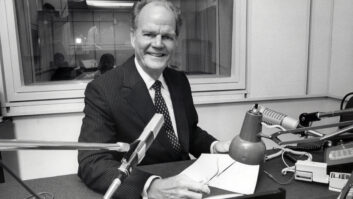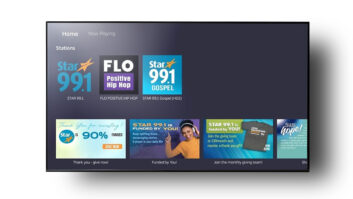CHARLOTTESVILLE, VA.�Americans are now spending almost as much on smartphone and tablet entertainment as at the box office, according to a report from SNL Kagan that estimates 2014”s mobile entertainment generated $9.14 billion.
The combined revenue from mobile games, video, music and location-based services has grown at a 50% CAGR since 2011, up from $2.71 billion in 2011.
In 2014, 57% of all mobile entertainment revenue was from game sales. The games category has always dominated mobile entertainment as the leading revenue generator, with growth from $1.47 billion in 2011 to over $5 billion in 2014. Publishers like Mojang, King and Supercell are making the economics of mobile games attractive. These new entrants are logging EBITDA margins north of 30% on a handful of titles.
Mobile video is the second-largest revenue category. Most mobile video revenue is derived not from the carrier-based mobile video subscription services, but from strong advertising revenue growth and mobile views at sites like Google Inc.’s YouTube. In 2014, SNL Kagan estimates mobile video generated $1.8 billion in revenue in the U.S., primarily from advertising.
Mobile music, the third-largest mobile entertainment sector, is also mid-transition: ringtones are fading while streaming and radio services are becoming more popular. The U.S. ringtone/ringback business topped nearly $1 billion in 2008 before shrinking to what we estimate is now less than a $50 million per year business. Replacing ringtones are subscription-on-demand streaming services from the likes of Spotify and Pandora Radio, with both companies reporting that the majority of their usage is on mobile devices. In 2014, the report estimates mobile music � including ringtones, radio and streaming services � generated about $1.76 billion in the U.S.
Location-aware services remain the smallest piece of the mobile entertainment pie. The startups built upon location-aware services have gone through many re-inventions over the years, including game-based location apps, augmented reality, location-aware dating apps and “check-in” mobile social network services like Foursquare (which itself has transitioned into two distinct services).







